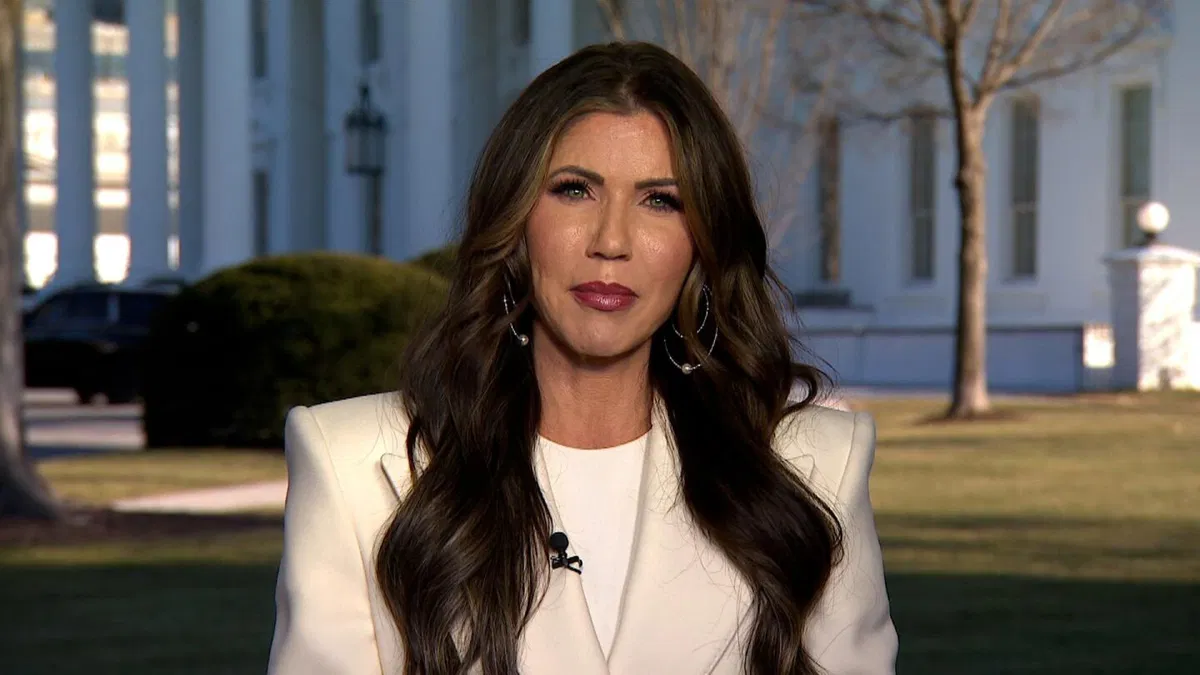Introduction
Criticism isn’t always easy to hear. It can be painful, and it can even feel like a personal attack. But criticism is a normal part of life and an important tool for improvement. If you learn how to handle criticism in the workplace, you’ll be better able to take on constructive crtiticism from your boss and co-workers as well as improve in everything from relationships to sports.
Featured Image VIA
Take a deep breath.
Take a deep breath.
Criticism is hard to take, especially in the workplace where you are surrounded by people who may not have your best interest at heart. Before taking action, stop and think about how you will respond to the criticism. It is normal to experience anger or frustration when receiving an opinion that differs from your own, but try not to let these emotions cloud your judgment or get in the way of responding appropriately. If you are feeling resentment toward the criticizer, remind yourself that they don’t know why they’re making their claims—they just have their own opinions and reasons for sharing them with you.
Remembering this will help keep things in perspective and make it easier for you to react rationally instead of emotionally (which could end up causing more problems). The best way we’ve found for dealing with criticism at our workplace is first acknowledging our feelings about what was said before moving on from there; this helps put things into perspective so we can focus on solving whatever problem might exist between us as coworkers rather than letting ourselves become consumed by anger towards them personally
Ask questions to clarify the criticism.
Ask questions to clarify the criticism.
When you receive feedback, don’t just take it at face value. Ask clarifying questions that will help you understand your boss’ point of view and help you develop an action plan. You may have to ask for clarification several times before understanding the message, especially if you’re new to your job or organization, or if there are cultural differences between you and your supervisor.
Example: “I’m not sure I understood what it is exactly that I did wrong here,” said Joe as he pointed at his work project on the computer screen in front of him. “Can you tell me more about what I did that was bad?”
Listen with an open mind and good intentions.
The first step to handling criticism is to listen with an open mind and good intentions. Listen to what others have to say, even if you don’t agree with it. It’s important that you let go of any preconceived notions or judgments before trying to understand where they’re coming from.
If someone gives you a piece of constructive feedback, try not to read into their words too much. Instead, focus on what they are actually telling you versus what their tone may suggest or imply — this will help keep any emotions from getting in the way and prevent unnecessary drama from arising as a result of misconstrued intent (which could possibly create more problems for everyone involved).
Avoid getting defensive.
- Avoid getting defensive.
There’s a lot to be said for defending yourself when you know you’re right, but it’s not always worth it. People who defend themselves too much or get visibly angry can come off as insecure and immature, which is the opposite of what they want to do in this situation. Instead of taking it personally, focus on figuring out how you could have done better next time.
- Don’t blame others or make excuses for yourself.
If someone points out that there’s something wrong with your work, don’t immediately place blame on someone else—either within your company or outside of it—or fire back with an excuse about why things didn’t turn out as planned (like “I just wasn’t feeling well today,” or “My boss wouldn’t let me”). This will only create more tension with other people at work who may already be annoyed with you anyway!
Find useful feedback in the criticism.
It’s important to remember that criticism is not always a personal attack. It can be helpful and constructive, if it’s specific and actionable. If a colleague offers you feedback about your work or performance, write down the constructive suggestion and follow up with her about it later. If she doesn’t offer any useful suggestions for improvement, don’t worry—you’ll get better over time anyway!
Decide which suggestions to follow.
- Consider the source of the criticism. If you feel like a suggestion is coming from someone who isn’t being impartial, it’s probably best to ignore that person’s criticism.
- Think about your goals and priorities. If you’re not sure how to handle a criticism, ask yourself what your goal is in life and whether this suggestion would help or hinder achieving it.
- Ask yourself if you are willing to make the suggested changes: Are they important enough for me? How much time will they take? Is there another way I can accomplish my goal without making these changes? It might seem obvious at first glance but taking time out of our busy schedules to think critically about any given issue can help us make informed decisions that align with our values and beliefs rather than just following along blindly because someone else told us so!
Learn from your mistakes.
- Learn from your mistakes.
- Don’t repeat the same mistake again. Make a concerted effort to apply the criticism in a new situation so that you can avoid making the same mistake in future.
- Use criticism as an opportunity to improve yourself and your performance at work. Use it as motivation to be better than before, or change jobs if necessary, but don’t let it hold you back from reaching out for opportunities that might lead your career forward in other directions.
Criticism can help you be better at your job and in other areas of your life, but it’s not always easy to take
Criticism is a good thing. It can be hard to take criticism, but it can help you be better at your job and in other areas of your life. If you want to become a great leader, or if you want to lead a happier life, then criticism is something that you will have to get used to and learn how to deal with.
There are times when people will criticize us for things we didn’t even know were wrong in the first place! And sometimes people criticize us without knowing what they’re talking about! But this doesn’t mean that we should just ignore them all together! We need feedback from others so that we know what type of person we are being perceived as by those around us – especially those who work with us on projects regularly.
Conclusion
So, what are you going to do with this feedback? It’s up to you! You can use it as an opportunity for self-improvement or ignore it entirely. Either way, take some time to think about how this criticism affects you and how it might change your behavior in the future.















